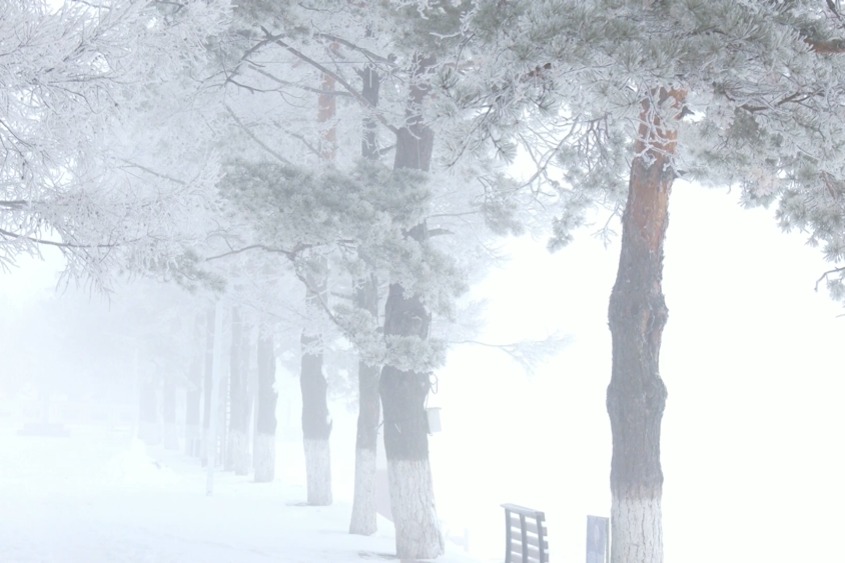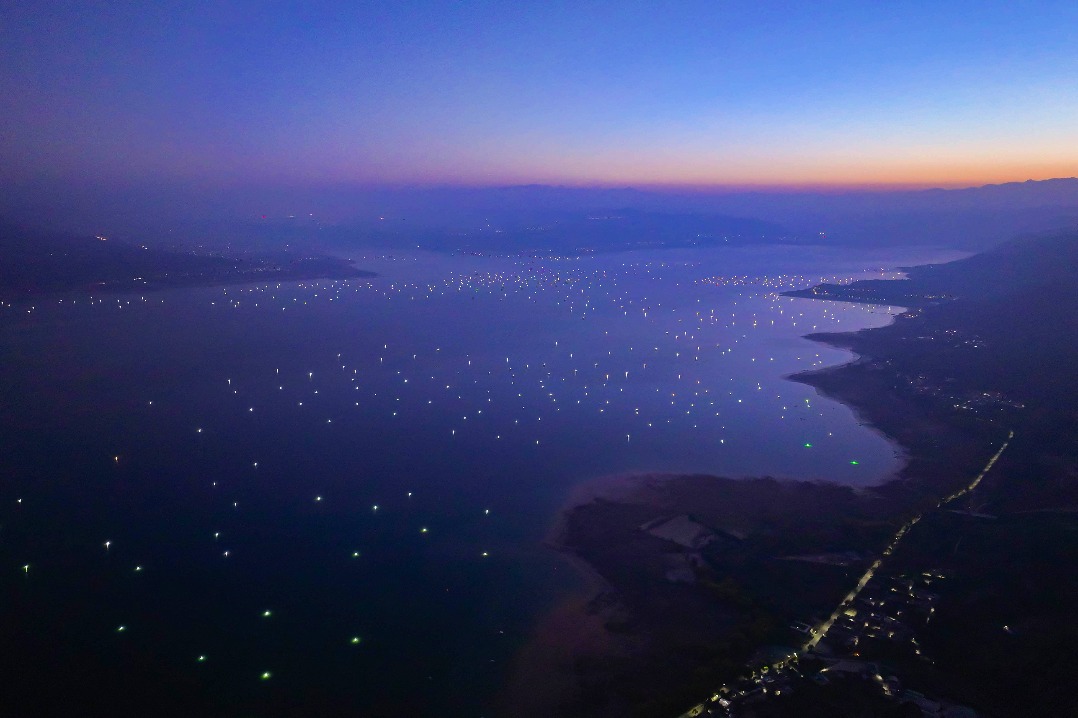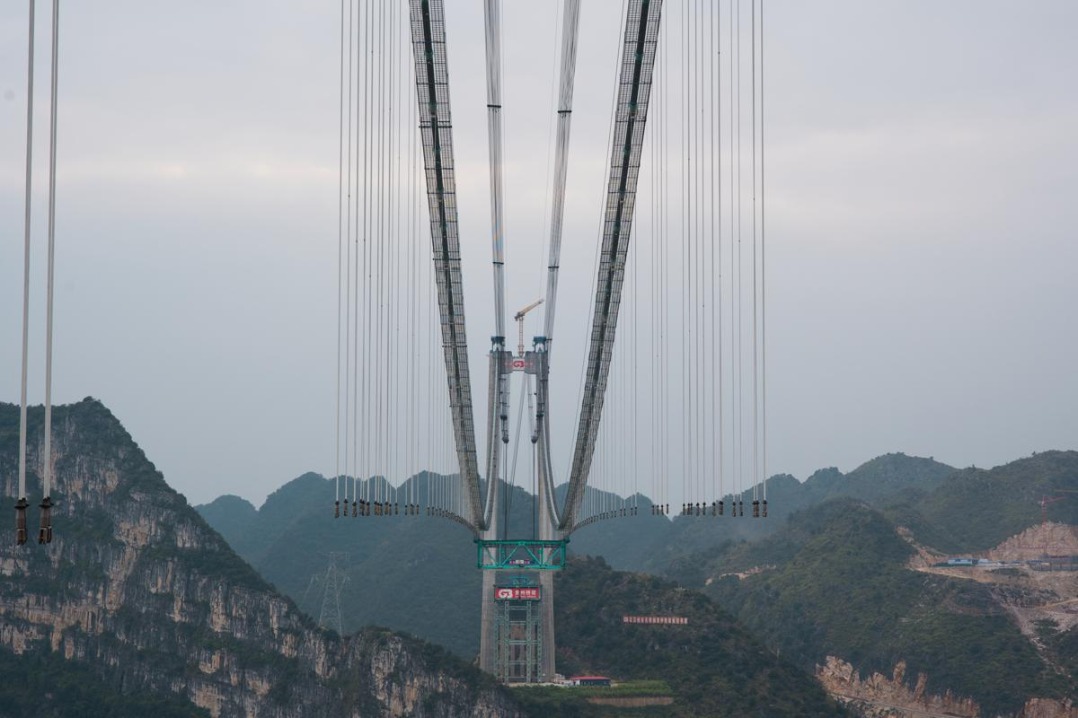Ecological problems revealed in Guizhou's Tongren

National conservation areas in Tongren city, Southwest China's Guizhou province, face pronounced ecological problems, according to a report released on Friday by a central environmental inspection team.
Dams and barrages were built without approval and sewage discharge outlets were installed unauthorized within the national conservation areas in Tongren, posing serious threats to the local ecology and environment, the team said in the report.
Located in the upper reaches of the Yangtze River, Tongren boasts abundant aquatic resources and is home to 10 national-level aquatic germplasm resources protection zones, which account for over 40 percent of the province's total and cover an area of more than 7,000 hectares.
In the Yinjianghe National Aquatic Germplasm Resources Conservation Area, one of the 10 national conservation areas of Tongren, the inspection team found that four dams had been built without approval in the core region since the establishment of the area.
With a height of up to 3.7 meters and width of over 50 meters, these dams have caused a sharp decline of water amount and exposure of the riverbed, leading to the fragmentation of water ecology and loss of habitats for aquatic lives.
In March 2020, the Guizhou fisheries administration ordered an immediate halt to the construction of a dam project in the conservation area to restore the original state, but local authorities have not taken corrective actions, the inspection team said.
As stipulated in a regulation on aquatic germplasm resources conservation issued by the Ministry of Agriculture in 2011, a verification report on the impact of the construction project on the conservation area is needed before building any gates and dams, and the report should be included in an evaluation report of the environmental impacts of the project.
However, after the establishment of aquatic germplasm resources conservation areas, 15 dams in four counties of the Tongren city have been built without verifying their influence on the local environment.
In addition, 32 dams and 34 small hydropower stations have been built in the city, which have cut off the natural watercourse, blocked fish migration, reproduction and genetic hybridization, and eventually damaged the water ecology.
The inspection team has also disclosed a large number of unauthorized fisheries projects. Since the establishment of the national conservation areas in Tongren, about 40 out of the 100 fisheries construction projects were initiated without getting a license. At present, there are still 18 projects that haven't got official approval for the verification report, and six projects that haven't obtained approval for environmental impact assessments.
For example, the Jiulong hot spring health and wellness resort, located near a national conservation area in the Bijiang district of Tongren, has been operating for eight years without verifying its impact on the conservation area. The resort has also built sewage discharge outlets within the core region of the conserved area.
The inspection team said in the report that there is insufficient awareness, inadequate attention to the protection of aquatic germplasm resources and a lack of accountability for violations among Tongren authorities, causing harm to biological resources and the ecological environment.
The inspection team will further investigate and verify the relevant situations, and carry out follow-up inspection work as required, it said in the report.
- Bus accident on Shenyang's Shenhai Expressway injures 2
- Students from 13 overseas institutions to undergo stricter review
- China-Vietnam dialogue held in Chongqing on boosting business, trade ties
- China, Africa experts discuss advancing modernization cooperation
- Former vice-president of China Construction Bank under investigation
- World Conference on Traditional Medicine 2024 to be held in Beijing




































